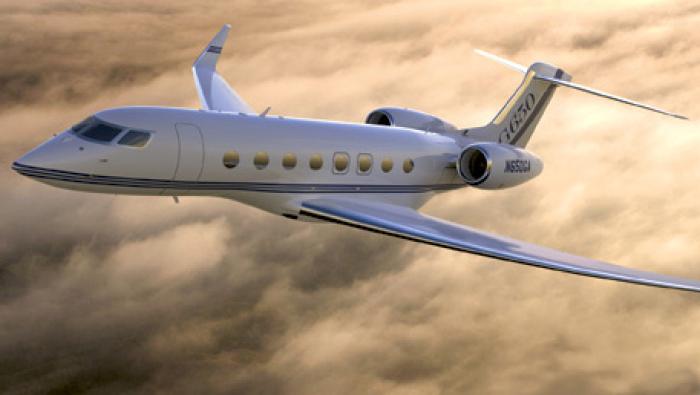Dassault is still waiting for a recovery of the U.S. business aircraft market–a market that has “no reason not to be back,” company officials said at EBACE on Monday. As are most industry executives, the Dassault officials appeared perplexed by worldwide sales trends.
“In 2013, we had a good early start in January and February but then things went disappointing,” said John Rosanvallon, president and CEO of Dassault Falcon Jet (Booth 7090). Net sales in the first quarter reached 14, a better performance than the 10 sales during last year’s first quarter.
In the U.S., CEOs say they are confident about the economy “but the dynamics in Washington are not helping,” he added. Therefore, Fortune 500 companies that have replacement needs hesitate because they are not so confident for the long term after all, Rosanvallon said.
In Europe, flying hours show no sign of recovery yet. Latin America and Asia are the most active regions for Dassault. China is very active but less than it used to be, he noted. The global second-hand inventory is slowly decreasing but prices are still slightly eroding, Rosanvallon added.
In programs, Dassault chairman and CEO Eric Trappier confirmed that the SMS, which will be an addition to the current lineup (as opposed to a replacement), will finally be unveiled at the NBAA show in Las Vegas in October. Meanwhile, the EASy II cockpit will receive a second certification on the Falcon 900LX, as controller pilot datalink communications are being added. On the Falcon 7X, thanks to an enhanced fly-by-wire standard, the crosswind limitation is being extended to 30 knots with 40-knot gusts.
Finally, in customer support, the manufacturer is working to add two spare-parts warehouses in Beijing and Moscow. Moreover, Lagos and Moscow (at Ostafyevo and Sheremetyevo airports) are to be the next locations for Falcon authorized service centers. Dassault’s partners at the three airports will be Execujet, Gazprom and an unidentified company, respectively.







